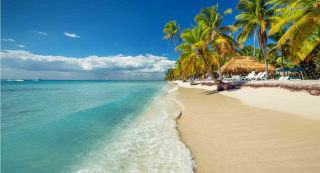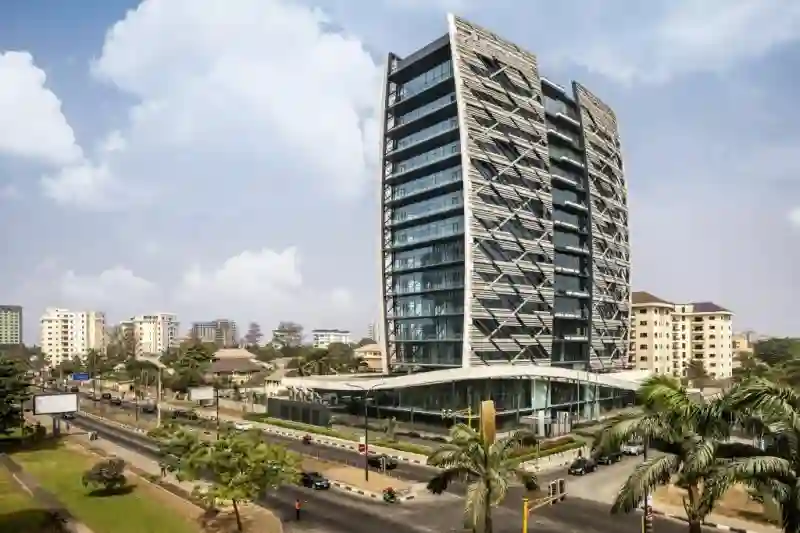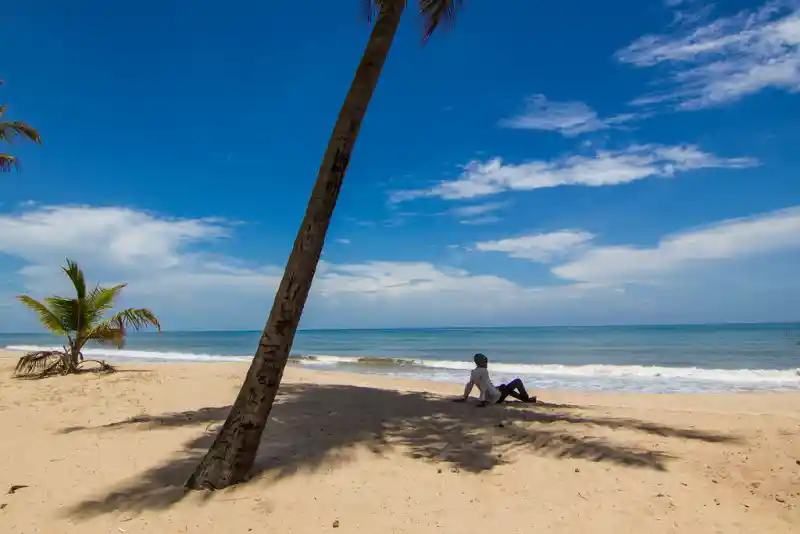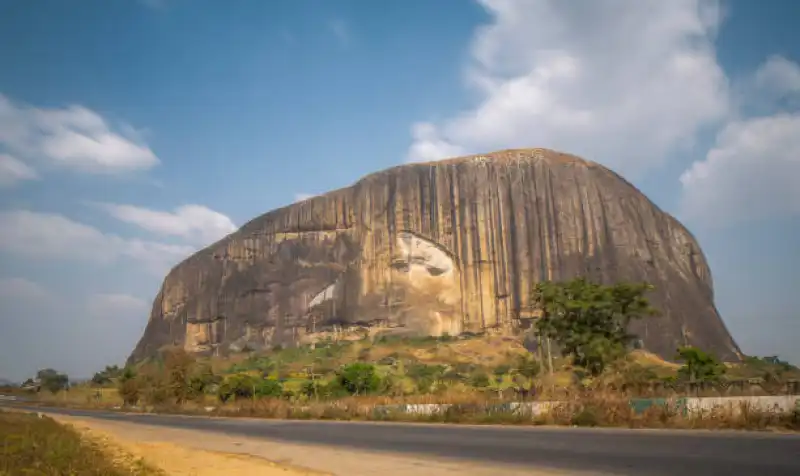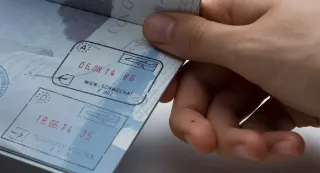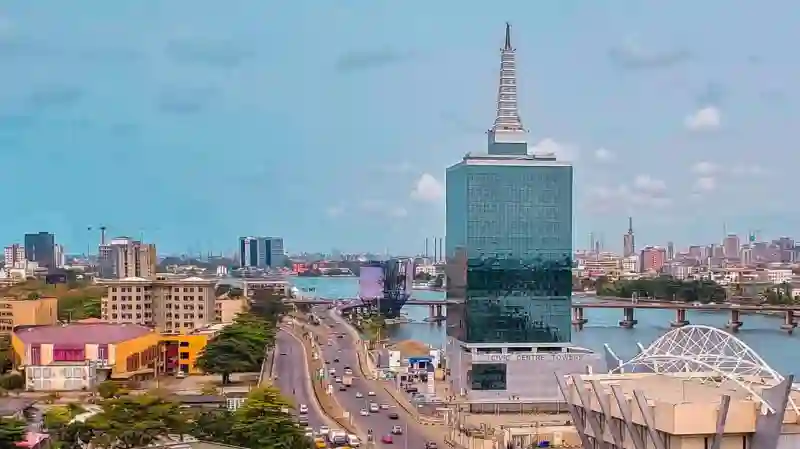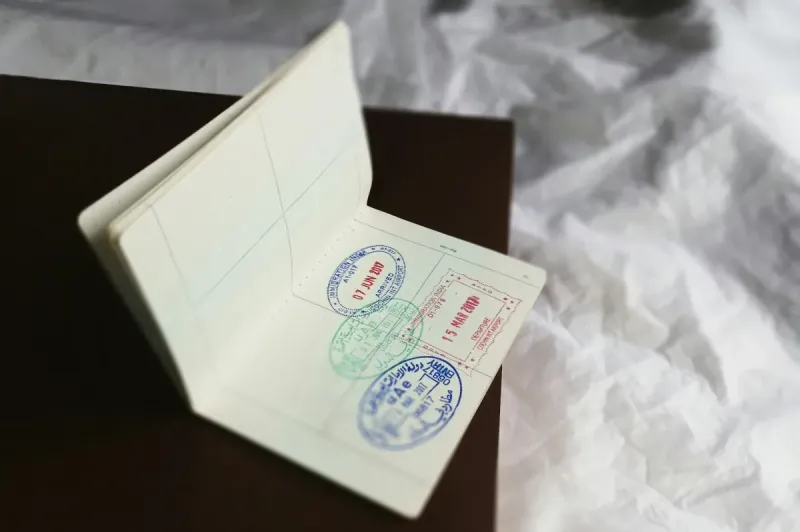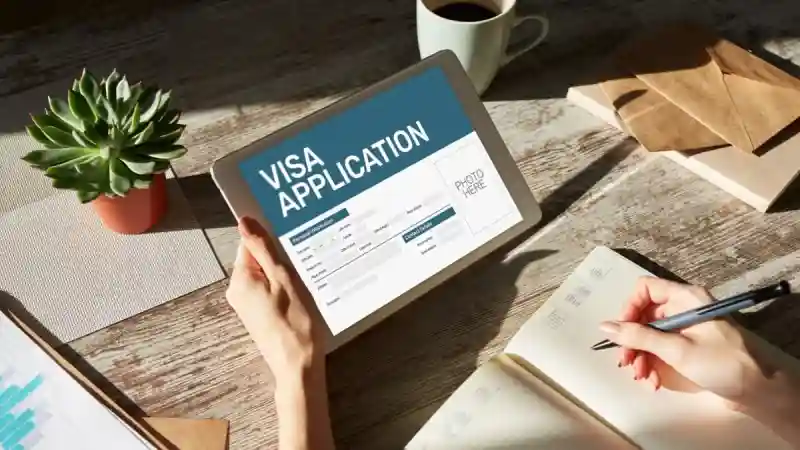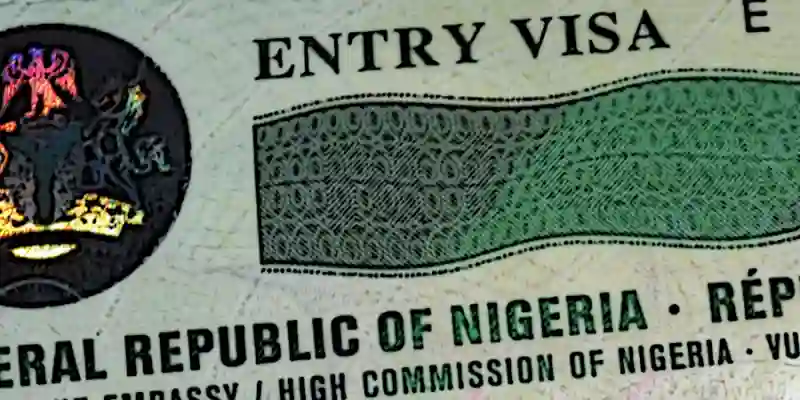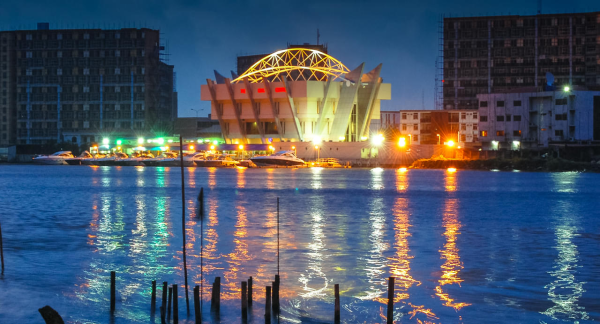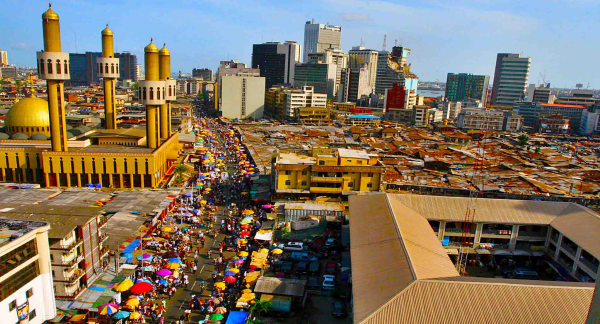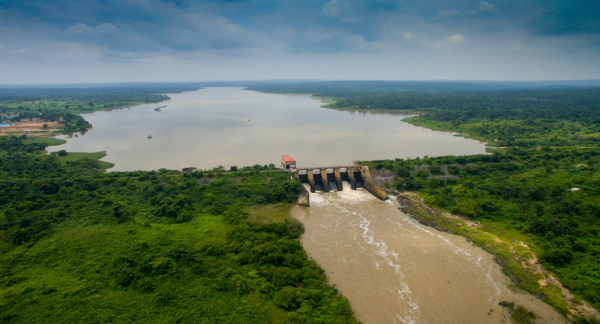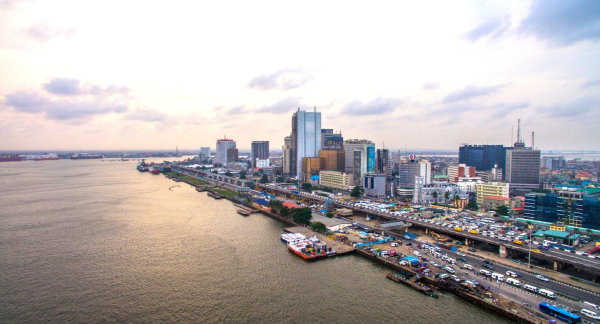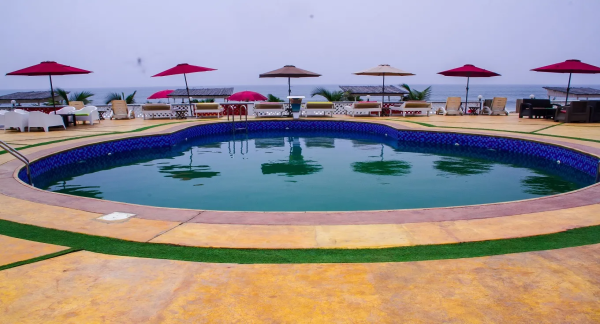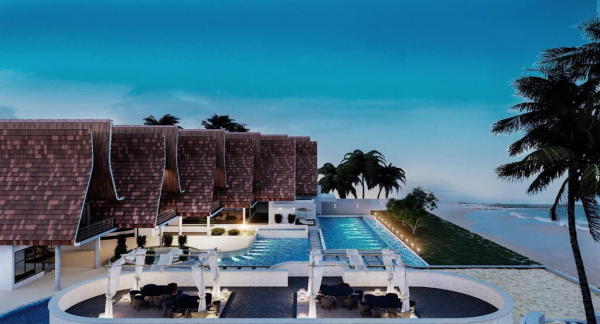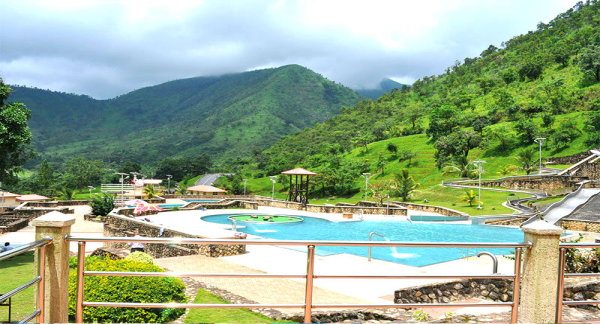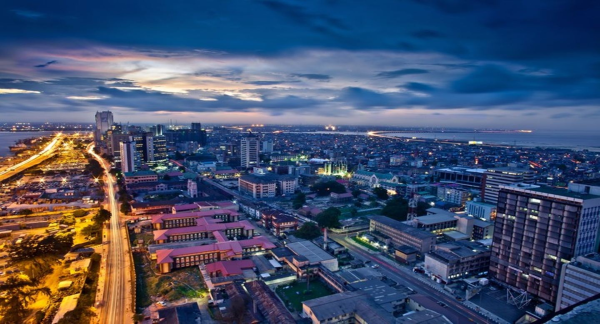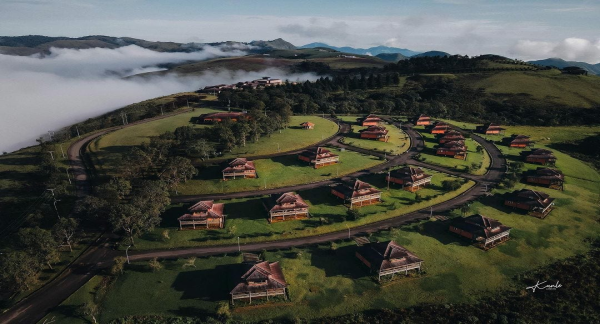How US Citizens Can Apply for a Nigeria Visa
Picture yourself in Nigeria exploring bustling markets overflowing with vibrant fabrics and spices, witnessing the powerful rhythms of traditional dances, or marveling at the stunning natural beauty of places like Yankari National Park. Nigeria, with its rich culture, diverse landscapes, and warm hospitality, has a lot to offer intrepid travelers. Learn about the Nigeria visa process for US citizens before your trip.
But before you start packing your bags and dreaming of jollof rice and Afrobeat rhythms, there's one crucial thing you need to know: if you're a US citizen, you definitely need a visa to enter Nigeria. No exceptions here, folks!
But don't let that dampen your spirits. While the visa process might seem a bit daunting, we're here to guide you through it. In this article, we'll break down everything you need to know about getting a visa for Nigeria from the USA. We'll cover the different types of visas available, the requirements, the application process, and even some handy tips to make your visa journey as smooth as possible.
And if you're looking for a helping hand, VisaTitans is here to assist you every step of the way. We'll handle all the paperwork, deadlines, and potential hurdles, so you can focus on the excitement of your upcoming trip to Nigeria.
So, whether you're a business traveler, a curious tourist, or simply seeking a new adventure, let's get started on this journey to securing your Nigeria visa!
Okay, so you're a US citizen with your sights set on Nigeria – awesome! Now, let's dive into the exciting world of Nigerian visas and figure out which one is your perfect match. Think of it like choosing the right tool for the job – you wouldn't use a hammer to fix a leaky faucet, right?
Here's a breakdown of the main Nigeria visa types available to US citizens:
- Tourist Visa
Purpose: This is your golden ticket to explore Nigeria's rich cultural heritage, vibrant cities, and stunning natural landscapes. It's ideal for those seeking adventure, relaxation, or simply a taste of Nigerian life.
Duration of Stay: With a tourist visa, you can typically stay in Nigeria for up to 90 days. Plenty of time to soak up the sun, experience the local festivals, and sample the delicious cuisine!
Allowed Activities: Sightseeing, visiting friends and family, attending cultural events – basically, anything that falls under the umbrella of leisure travel. Remember, you can't work or engage in any business activities with a tourist visa.
- Business Visa
Purpose: Calling all entrepreneurs and deal-makers! If you're heading to Nigeria for business meetings, conferences, or to explore potential investments, then the business visa is what you need. It's your official entry pass to the Nigerian market.
Duration: The business visa typically also allows for a stay of up to 90 days, but it can sometimes be extended depending on your specific circumstances.
Required Documents: Along with the usual suspects (passport, application form, photos, etc.), you'll need an invitation letter from a Nigerian company or organization. This shows that you have a legitimate business reason for your visit.
- Work Visa
Purpose: If you've landed a job in Nigeria, this is the visa you'll need. It's your official permission to work in the country.
Types: There are a couple of main types of work visas:
· Subject to Regularization (STR) Visa: This is a temporary visa typically used for short-term assignments or while your employer processes your work permit.
· Temporary Work Permit (TWP): This is the actual work permit you'll need to legally work in Nigeria. It's usually valid for up to two years and can be renewed.
Requirements and Sponsorship: To get a work visa, you'll need a job offer from a Nigerian company, who will also need to sponsor your visa application. You'll also need to provide documents like your employment contract, proof of qualifications, and sometimes even a police clearance certificate.
- Student Visa
Purpose: Calling all bookworms and knowledge-seekers! If you've been accepted into a Nigerian educational institution, you'll need a student visa.
Eligibility and Duration: This visa is for those enrolled in a full-time course of study at a recognized Nigerian university, college, or other educational institution. The visa's validity will usually match the duration of your studies.
Required Documents: In addition to the usual documents, you'll need to provide an admission letter from the institution and proof of financial support to cover your tuition and living expenses.
- Transit Visa
Purpose: Just passing through Nigeria on your way to another destination? You might need a transit visa, depending on your nationality and the length of your layover.
Duration: Transit visas are typically valid for a short stay, usually up to 72 hours.
Required Documents: You'll need to show proof of onward travel, like a flight ticket to your final destination, and a visa for that destination (if required).
Remember, each visa type has its own unique set of requirements. It's important to choose the one that aligns with your travel plans and ensure you have all the necessary documents. You may also have a travel partner of a different nationality and you're both wondering, "Do You Need a Visa to Go to Nigeria?" so a little more research could help. And if you're still unsure or feeling a bit overwhelmed, don't worry! VisaTitans is here to guide you through the process and make sure you have all the information you need to secure the right visa for your Nigerian adventure.
Alright, let's get down to the nitty-gritty: the documents you'll need to wrangle for your Nigerian visa application. Think of it as packing your suitcase for an adventure - you want to make sure you've got everything you need before you set off!
- Valid Passport
This is your golden ticket to international travel, and Nigeria is no exception. Make sure your US passport is valid for at least six months beyond your planned stay in Nigeria. Also, ensure it has enough blank pages for the visa sticker. If your passport is expiring soon or looking a bit worse for wear, it's time for a renewal before you even think about applying for a visa.
- Completed and Signed Visa Application Form
This is the official form where you'll spill all the beans about yourself and your trip. You can usually download this from the website of the Nigerian embassy or consulate in the US. Be thorough, accurate, and double-check everything before submitting!
- Passport-Sized Photographs
Time for your close-up! You'll need a couple of recent passport-sized photos that meet the specific requirements set by the Nigerian authorities. These usually include a white background, a neutral expression, and no glasses. You can get these taken at most photo studios or even some pharmacies. Just be sure to follow the guidelines to avoid any delays in your application.
- Proof of Sufficient Funds
This is to show the Nigerian authorities that you can support yourself financially during your stay. They want to make sure you won't be struggling to make ends meet or, worse, becoming a burden on the state. You'll typically need to provide bank statements, credit card statements, or other financial documents that demonstrate you have enough money to cover your expenses in Nigeria.
- Travel Itinerary
Think of this as your Nigeria adventure plan. You'll need to outline your day-to-day activities, including where you'll be staying each night and the major attractions you plan to visit. It doesn't have to be a minute-by-minute schedule, but it should provide a clear picture of your travel plans.
- Yellow Fever Vaccination Certificate
This is a must-have for all travelers to Nigeria, as yellow fever is present in the country. You'll need to get vaccinated at least 10 days before your trip and carry the certificate with you. No certificate, no entry! If you’re a US passport holder, visit our Nigeria visa service page for application details.
If you prefer personalized guidance or find the online application process intimidating, consider a reputable visa agency like VisaTitans.
Agencies offer valuable expertise in navigating the complexities of the Nigerian visa system.
They ensure your application is complete and accurate, track your visa status, and often have established relationships with consular offices that can help streamline the process. Visa agencies typically charge a service fee in addition to the official visa cost.
